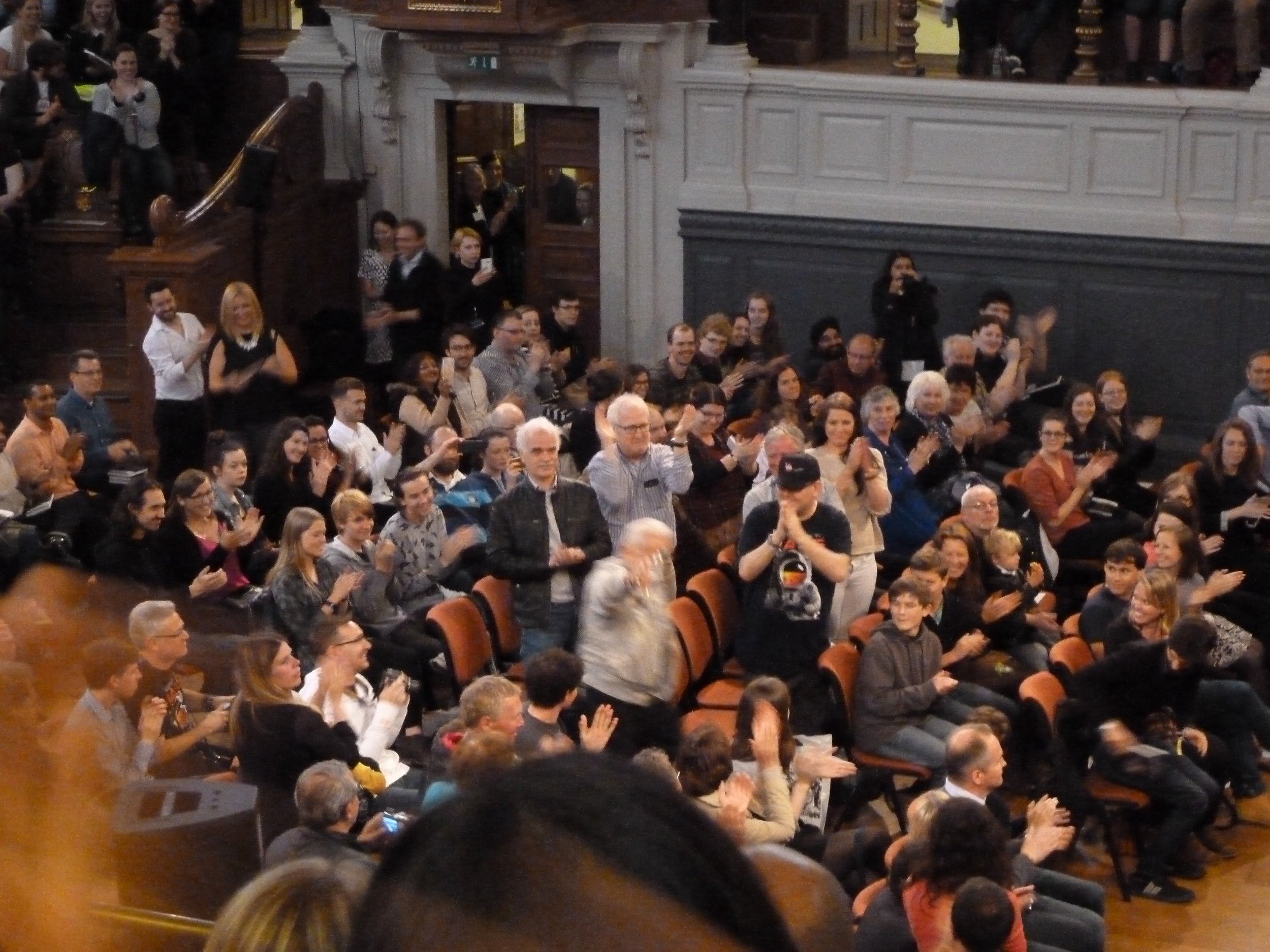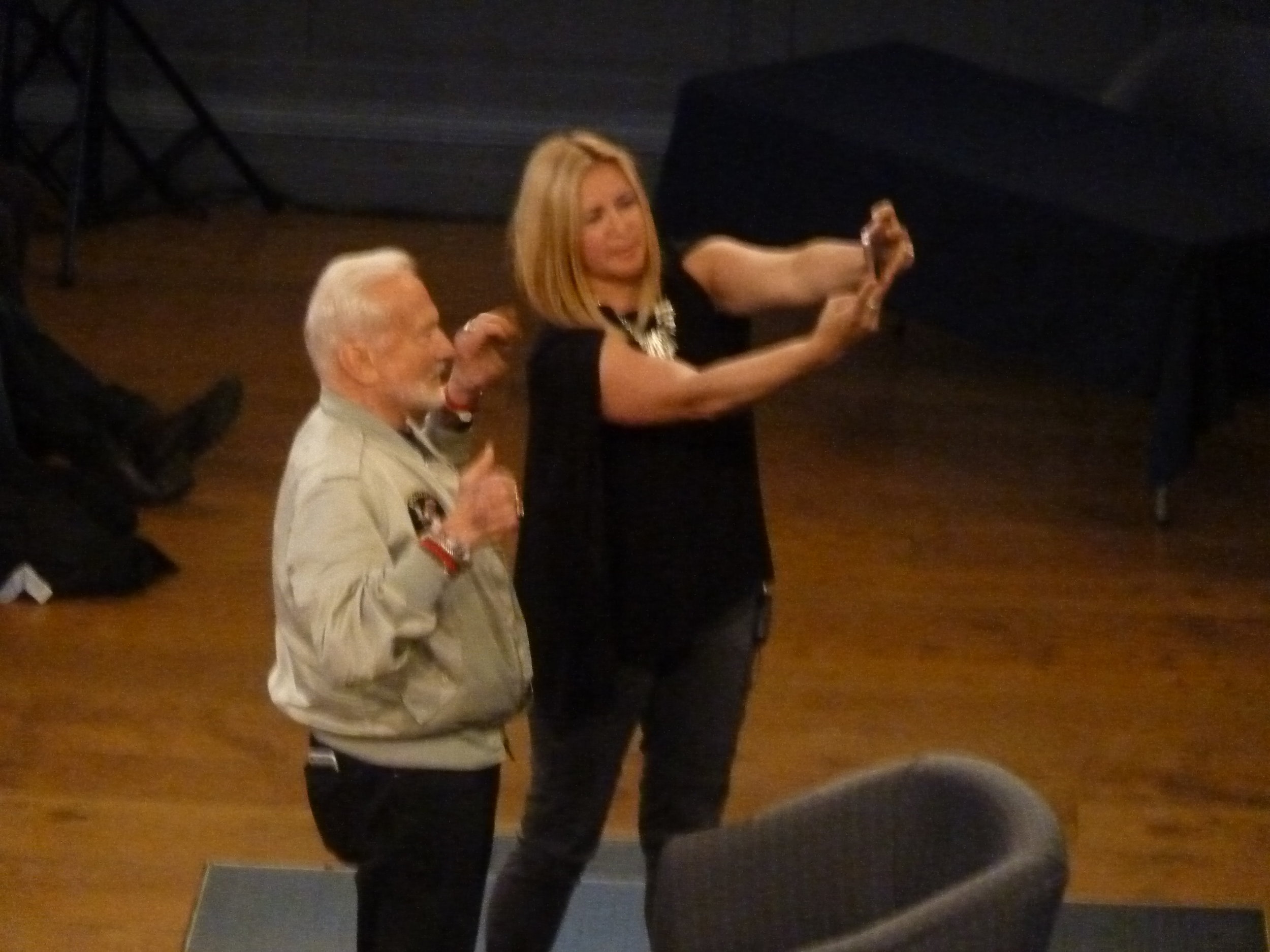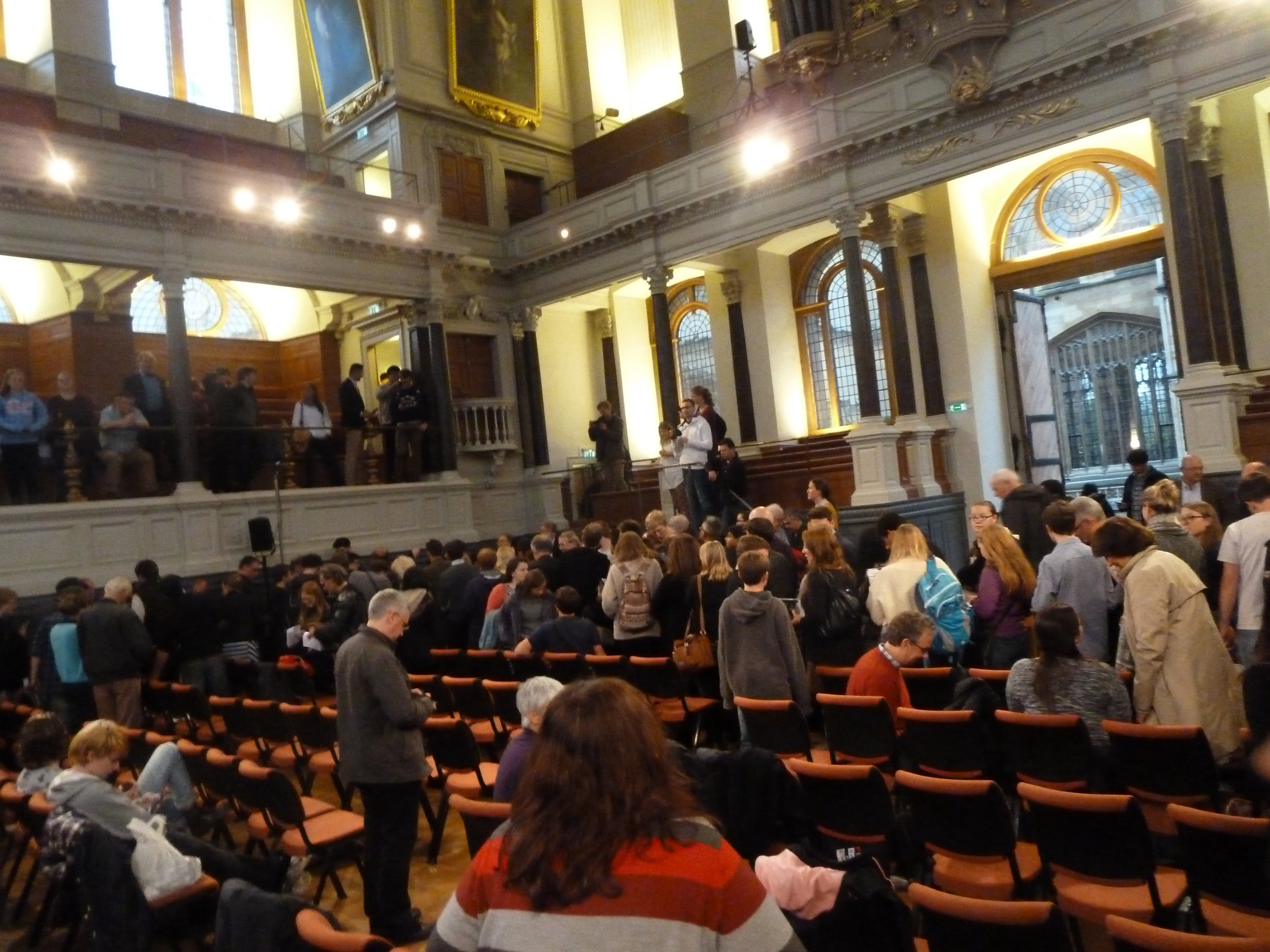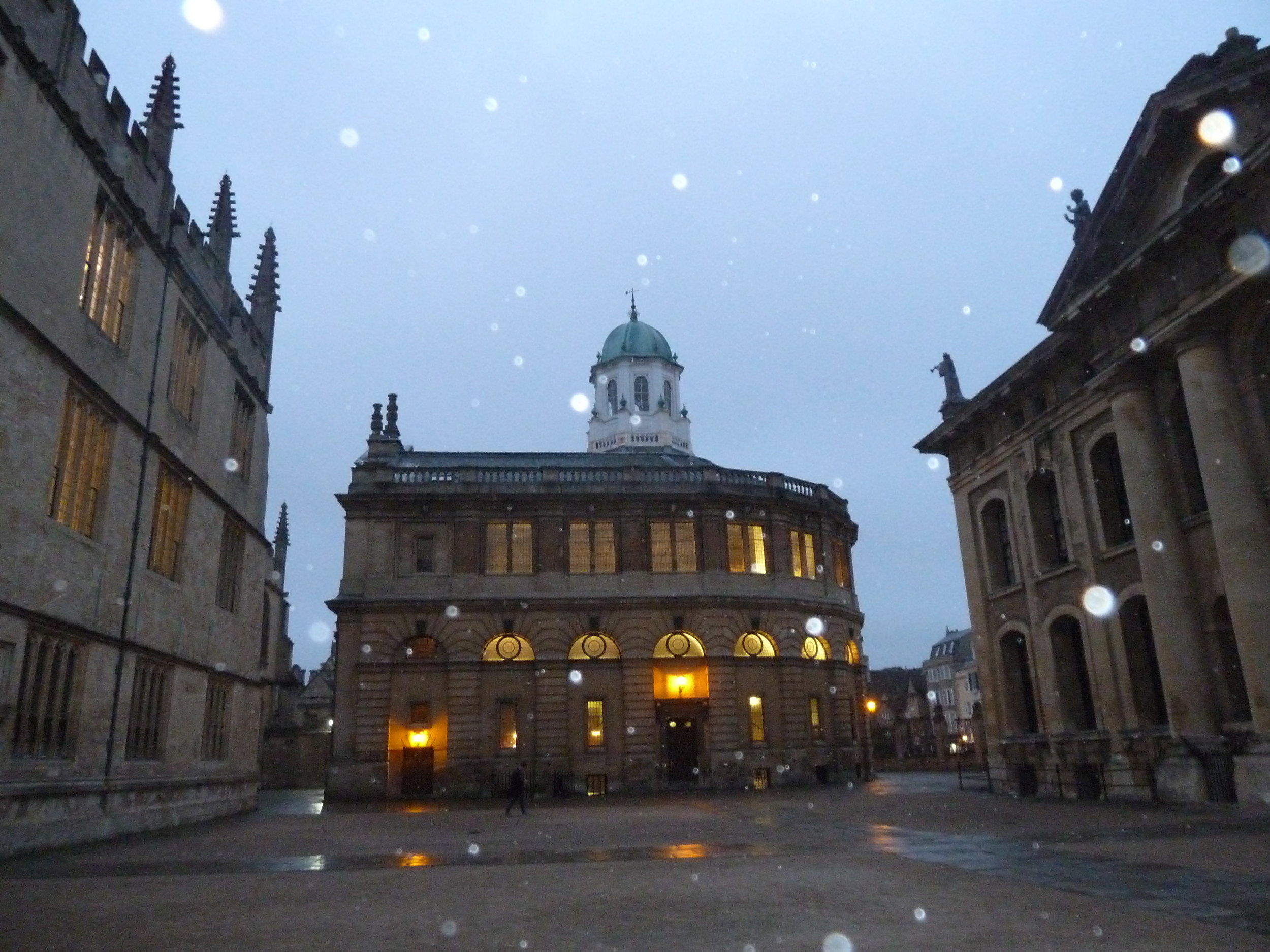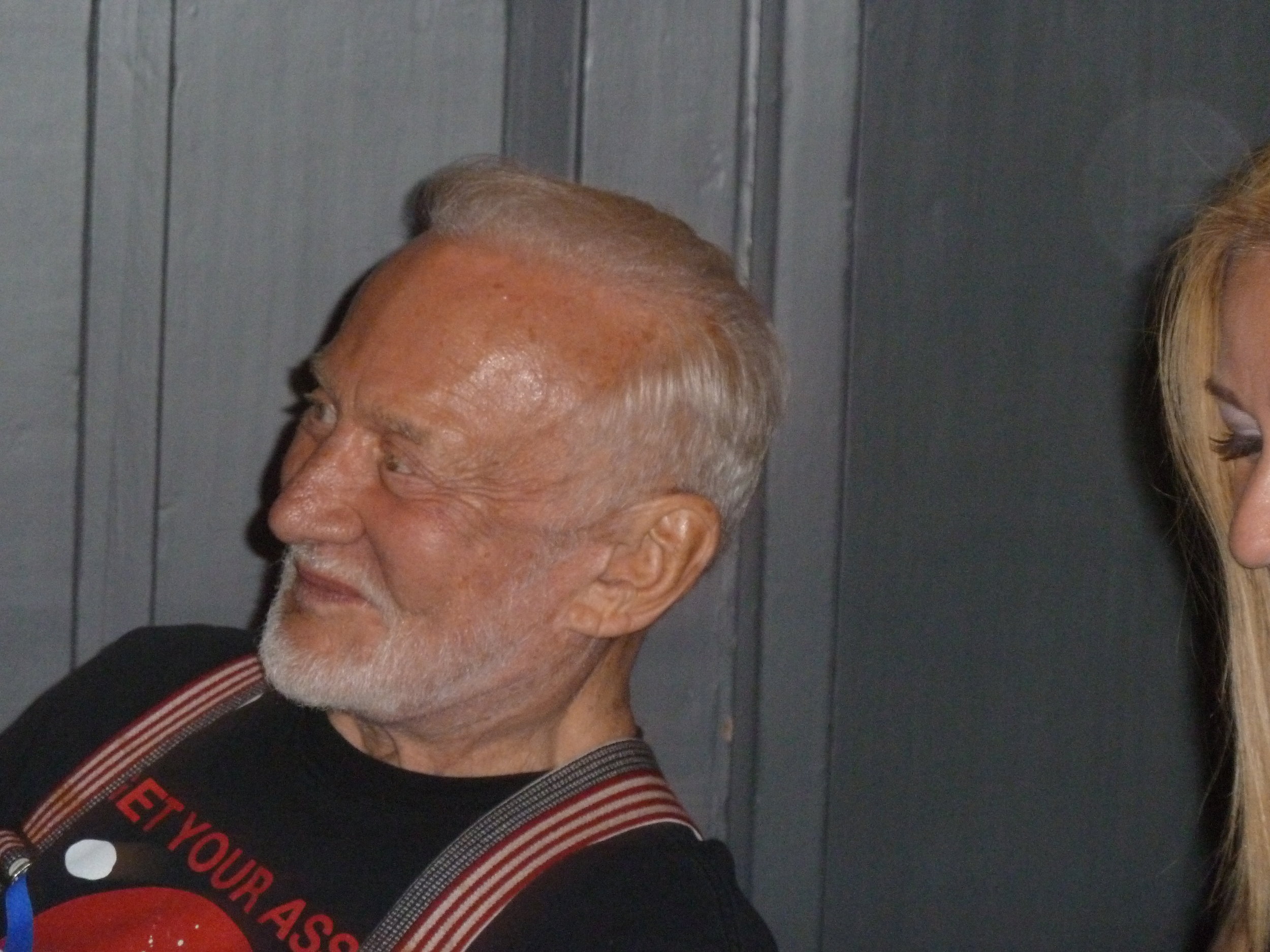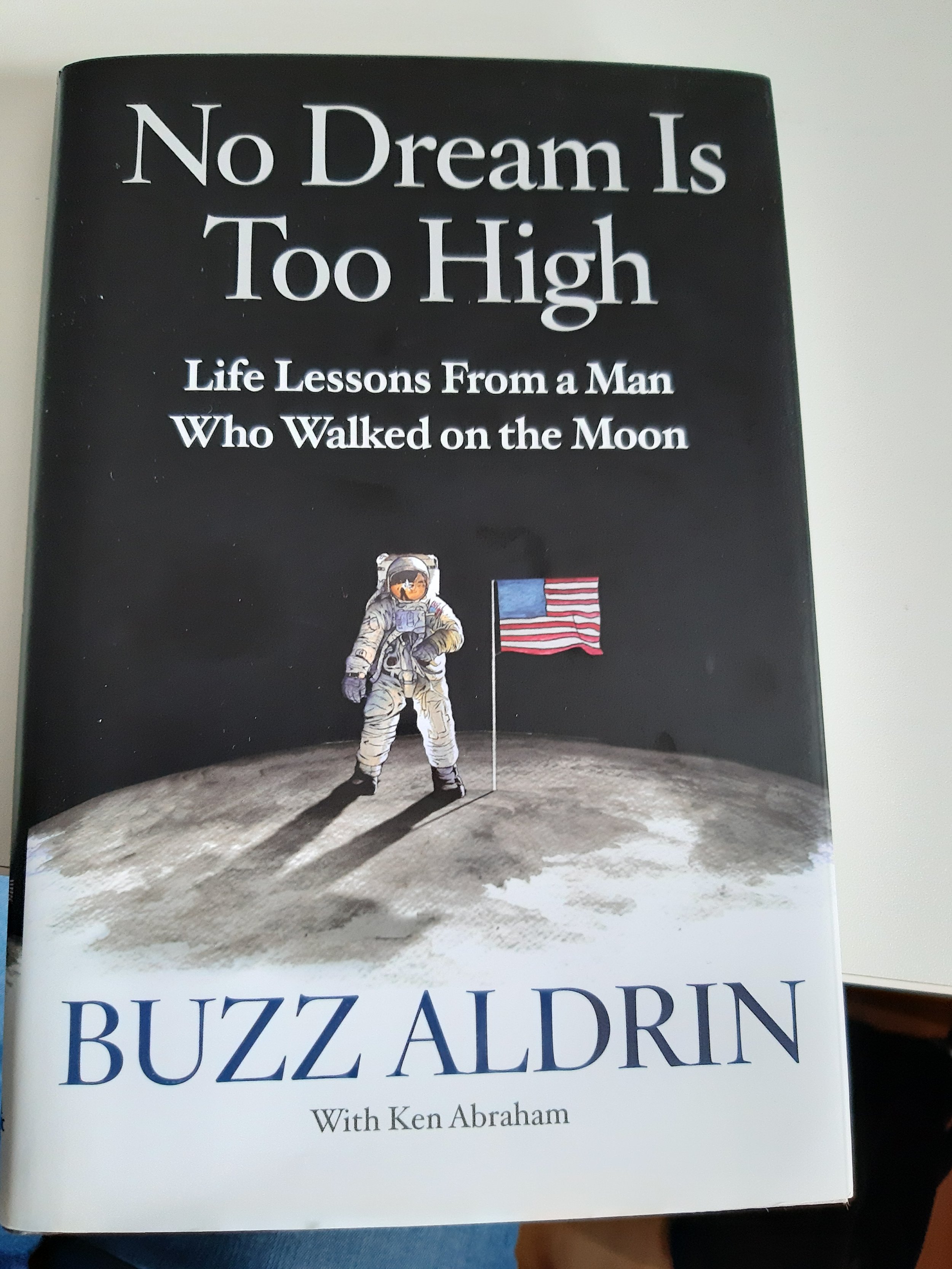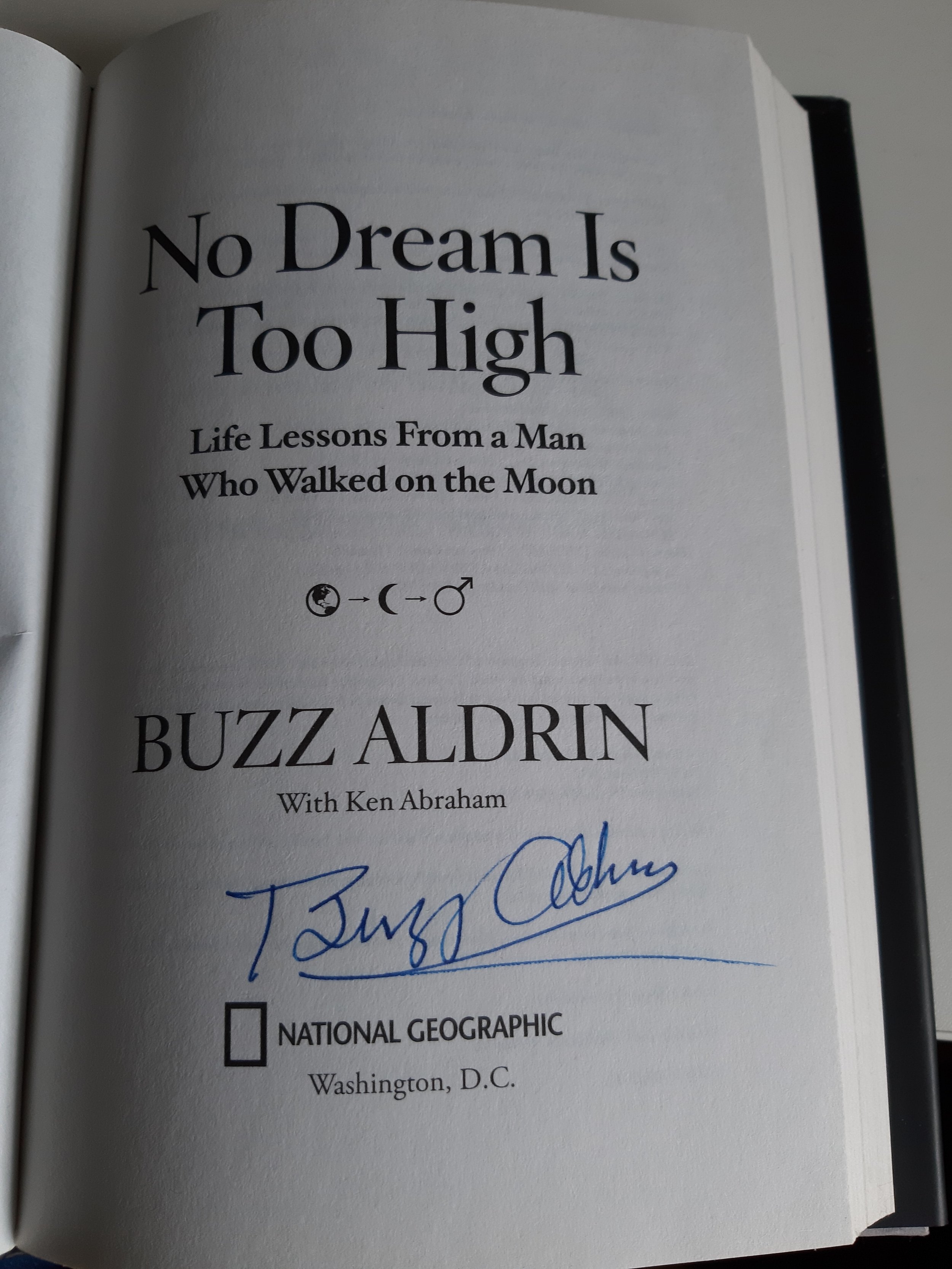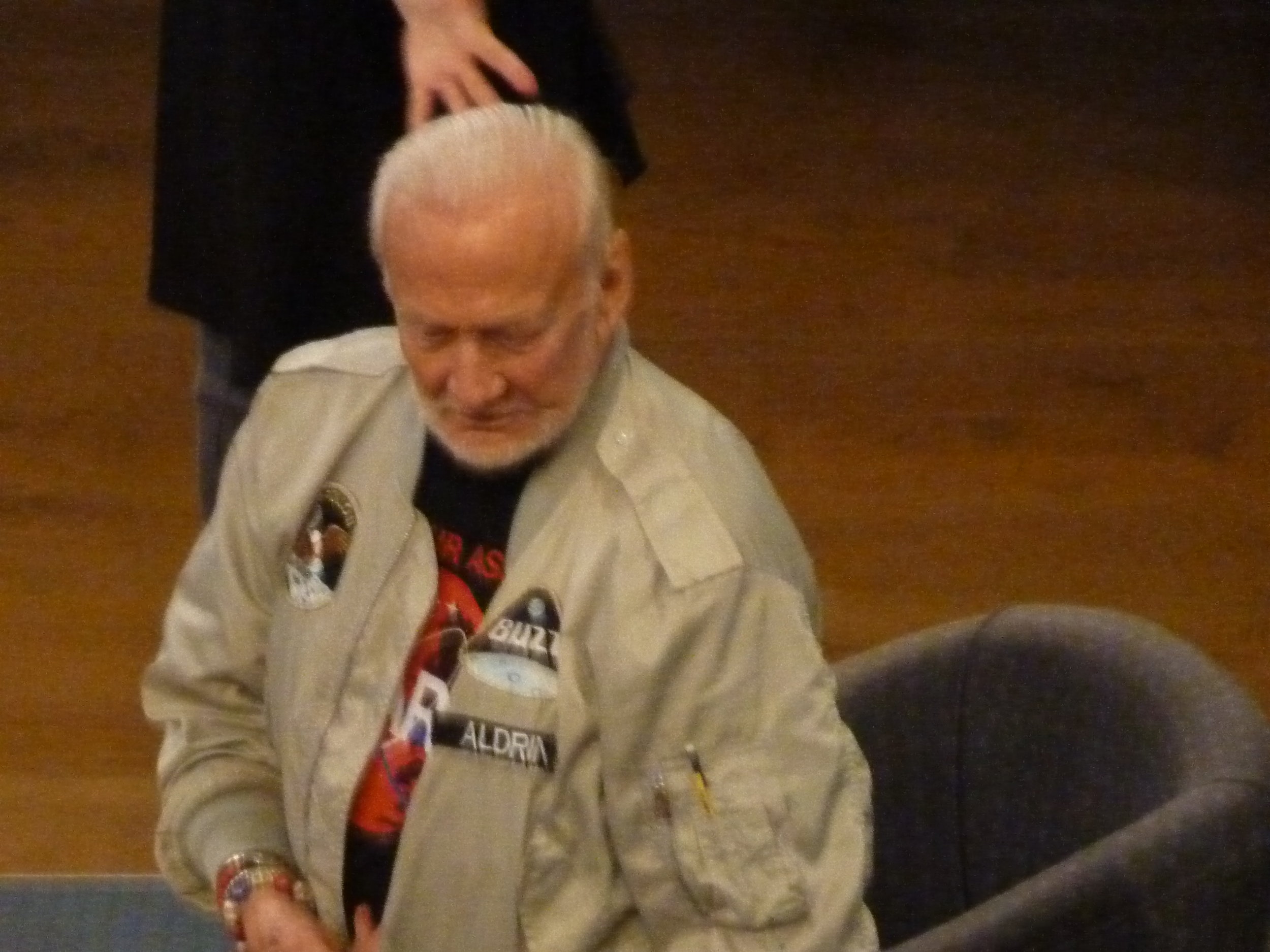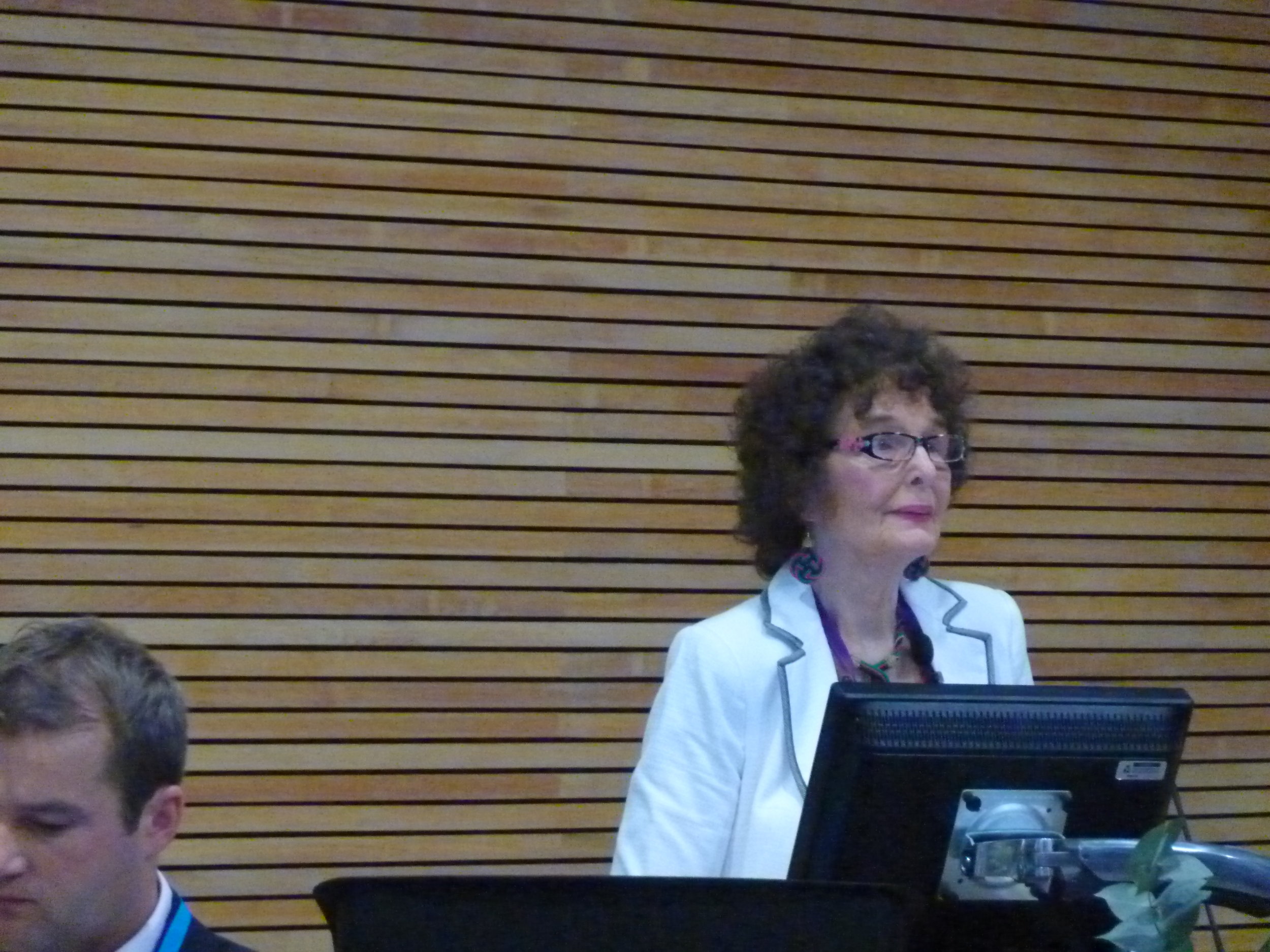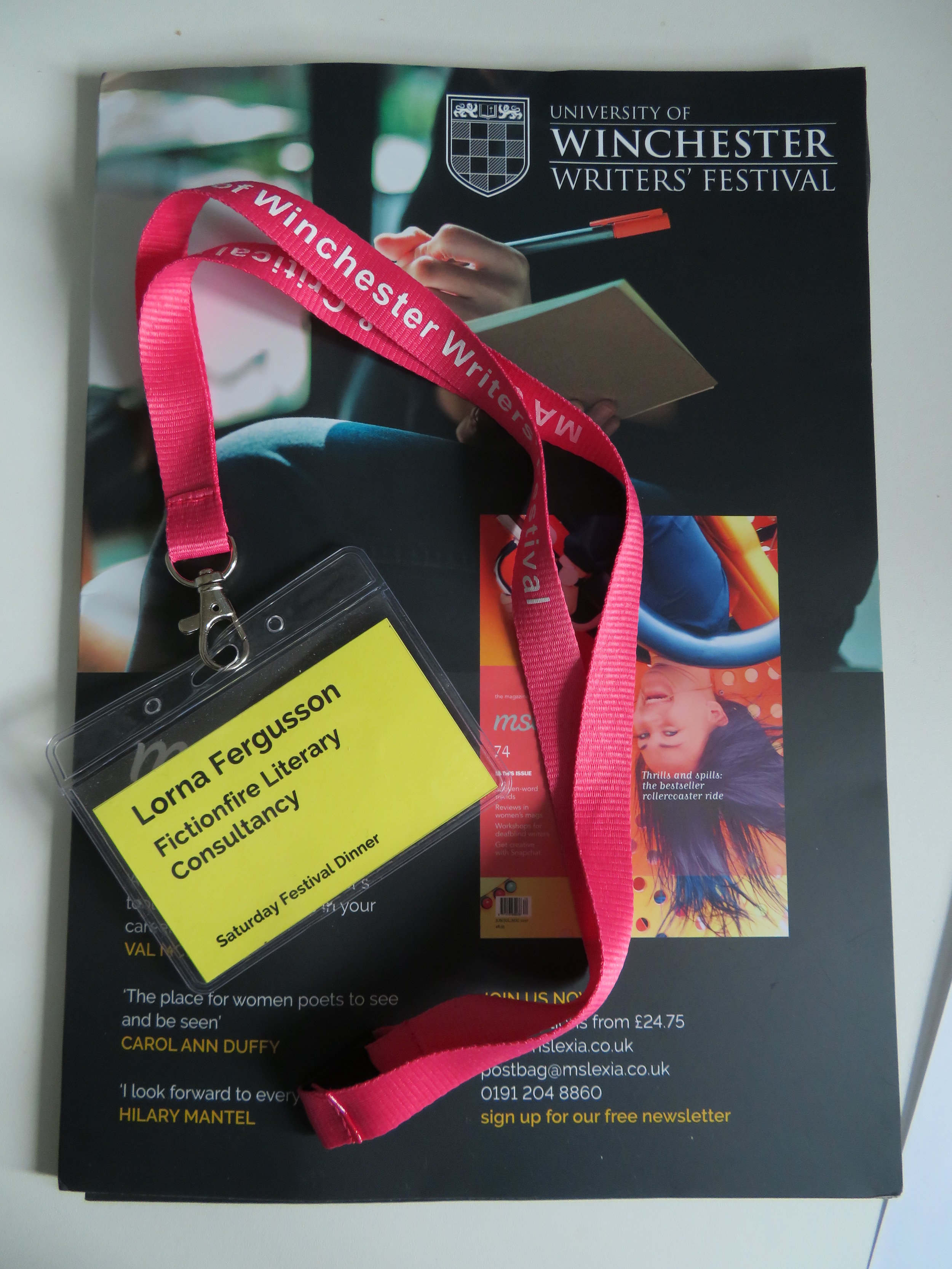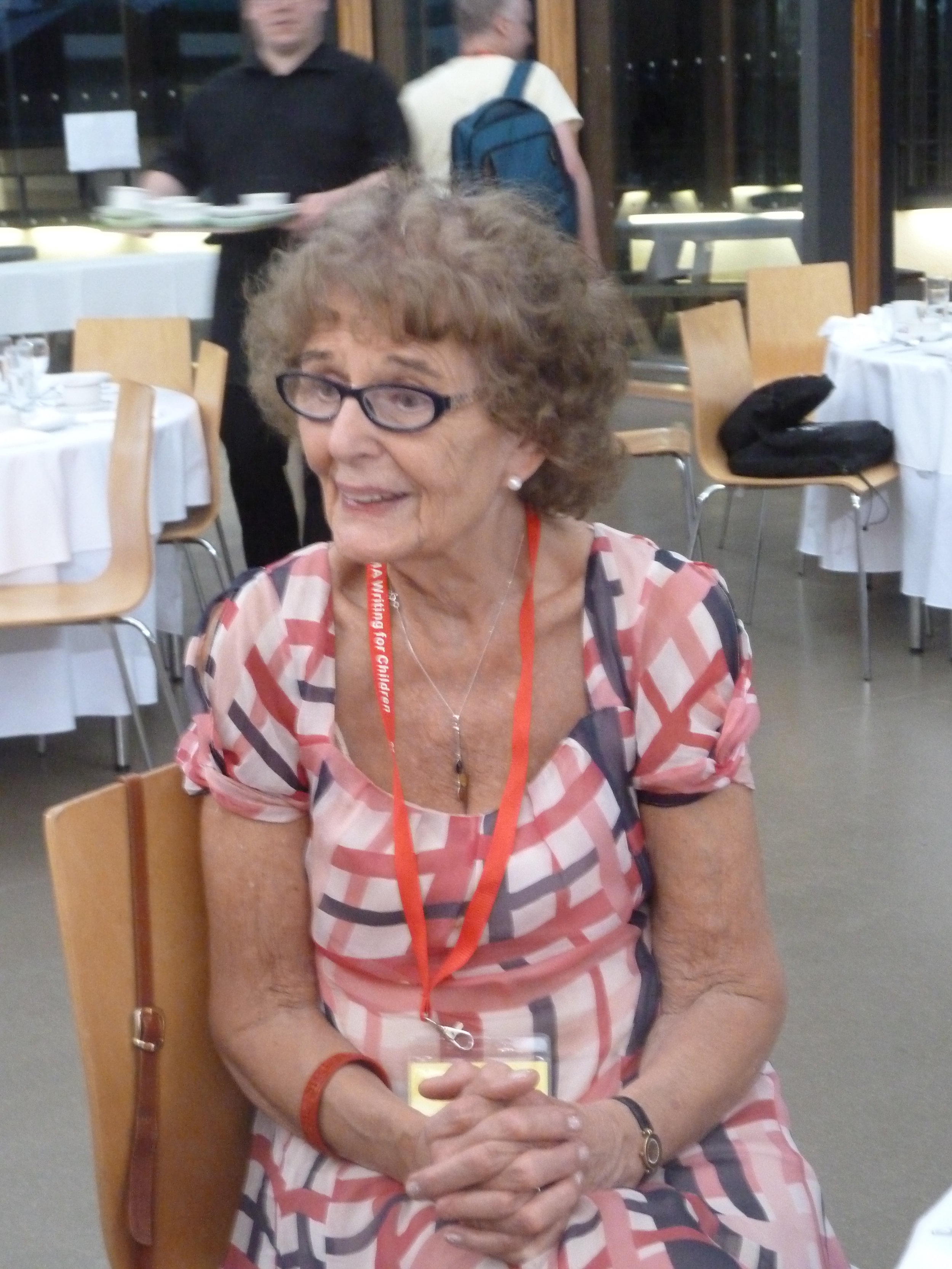Dartington Hall in Devon
Back in the spring, I reached the 17th to 19th century category shortlist of the Historical Novel Society’s First Chapters competition. It was the nudge that encouraged me to attend the HNS conference in early September. The HNS and I have history (ahem): I attended the conference in 2012 and in 2014, and was on the committee for the Oxford conference in 2016. I have history with the competitions too! I was on the shortlist for the Short Story Award in 2012 with ‘Reputation’ and won in 2014 with ‘Salt’: you can read both these stories in my ebook An Oxford Vengeance. In 2016 I was on the judging panel for that year’s short story award.
Other tempting reasons for going: the chance to meet up with friends I’d made at previous conferences and to make new ones. Plus, the location: Dartington Hall in Devon, which is set in beautiful countryside near Totnes and which has stunning gardens. I’d heard so much about it over the years and it didn’t disappoint. What did disappoint was the weather – lots of cloud and rain over the weekend, but on Monday morning , when virtually every other delegate had left, the sun came out at last and everything glowed.
The conference theme was page to screen, which is really apropos, given so many historical novels achieve fame through television and film productions. (As I write this I’m eagerly anticipating the start of the TV dramatization of Hilary Mantel’s The Mirror and the Light). There were so many talks and presentations – it was impossible to attend them all, of course. But here’s a selection:
The HNS founder Richard Lee opened the conference on Saturday 7th September before Bernard Cornwell gave the keynote. Who better to kick off the weekend’s talks, given that his novels about Sharpe and Uhtred have transferred so successfully to the screen? He was sardonic and down to earth, with a great range of anecdotes. His first piece of advice was ‘Don’t get too excited’ if an offer for your work to be filmed comes your way: he only believes that the project will actually happen ‘when the credits roll.’ And if you’re invited to write the script? ‘For Godsake, say no!’ He expressed frustration with those who don’t portray history correctly on the screen, lambasting Ridley Scott’s film Napoleon for not knowing the difference between a mortar and a howitzer and for having an officer at the battle of Waterloo scream at his men to go ‘Over the top!’ He shared anecdotes about actor Sean Bean, saying that now when he writes the Sharpe novels, it’s Sean’s voice he hears. He came across as one who certainly does not suffer fools gladly, including the French, the ‘little darlings’ who make the films and writers who claim to have writer’s block, which is something he does not believe in. He said that he has ‘never done a structure in my life … Part of the joy of sitting down to write is to see what happens.’
In a discussion of writing medieval fiction afterwards, Elizabeth Chadwick reminded us that ‘A writer is a bridge between now and then’ and Matthew Harffy, talking about the difficulty of accessing the medieval mindset, asserted that ‘Authenticity is more important than accuracy.’
Ian Mortimer, author of the very popular Time Traveller’s Guides, used his platform to disagree most vigorously with the traditional way of teaching history, with its ‘God’s eye view of the past’. He called for ‘free history’ rather than neutral, formulaic history.
Kate Quinn highlighted something every historical writer can relate to when she said ‘You run into the danger that you never finish the research.’ Ain’t that the truth (I speak from experience …)
On Saturday evening, there was a gala dinner in the incredible Great Hall which dates back to the time of Richard II, with after dinner speeches and the announcement of the overall winner of the First Chapters competition, Lenore Hart, for ‘The Alchemy of Light’. Entertainment was by the Sea Gals, who sang sea shanties with great gusto.
On Sunday, Diana Gabaldon took a very different line from Bernard Cornwell. He had advocated not getting involved with the scriptwriting, but she has very much been part of the production of the scripts for the Outlander series. She gave us insights into the process: the writers’ room, the showrunner who produces the ‘beat sheets’, the way changes are made for political, gender or race reasons. She described how, if you are not writing within a recognised genre category, you need to ‘make it as good as you can so they don’t care whether it doesn’t fit in a box’. She wrote Outlander ‘as a practice novel to learn how to write a book’, having intended to write crime. And there was common ground with Bernard Cornwell when she said ‘I don’t write in a straight line … It comes to me in pieces.’ So anyone who worries about not having their book completely mapped out in advance can relax a little.
My friend Alison Morton chaired a lively panel discussion with authors Kate Quinn and Ruth Downie, all brilliantly costumed in Roman outfits, about how ancient Rome has been portrayed on the screen. They highlighted the eternal fascination we have with Rome and how it’s all about common humanity but also about the great differences between their outlook and ours. ‘What is it about blokes with swords?’ Alison asked, before describing how she came to write her Roma Nova series, about a part of the Roman Empire surviving into the modern age – a Roman Empire ruled by women.
Jane Johnson, in her vibrant talk, proved that ‘The most authentic writing comes from the depths of your experience’ when she described how she met her husband during a dramatic and romantic adventure in the Atlas mountains while she was researching The Tenth Gift. They now live in Cornwall and location clearly feeds into and sustains her novel-writing. Like many of us, it’s when she trips over an interesting historical fact that her imagination kicks into gear. ‘One of the reasons I write is to find those secrets in our history,’ she says, while adding that ‘It’s more difficult in many ways to write about history that’s within people’s memory.’ She has had an amazing career as publisher as well as writer and worked with Peter Jackson on the Lord of the Rings films in New Zealand; she published Tolkien’s books at George Allen and Unwin and she launched the Voyager imprint which published Stephen King and George RR Martin. I’ve read several of her books and am really looking forward to reading the latest, The Black Crescent.
Finally, Scottish author Shona MacLean discussed with her agent Lisa Highton how she never intended to be a novelist at all. She was all set for an academic career, but a job move for her husband led to her living in a small town in the north east of Scotland where she became interested in its history: what she learned turned into a novel, The Redemption of Alexander Seaton. Not only have I read this novel, but I went to school in Banff for three years so I was keen to hear what she had to say! What came across strongly was her passion for the period and more than that, the locality: even when she was under pressure from her publisher, what mattered most to her was a setting she could relate to. There was also a pressure to write books in a series – this seems to be particularly the case when your story involves a crime or two! She warned of ‘the marshes of research’ but her love for the history of Scotland and her respect for ‘the spirits of the folk’ really shone. Her latest book, The Bookseller of Inverness, is a standalone (I’ve read this one too!) and is set in the aftermath of Culloden. It powerfully depicts the trauma of defeat and the risks of staying loyal to a cause that’s been lost, as well as the corruption of faith and honour that fear and oppression may bring.
I said at the start of this blogpost that a major part of the appeal of a conference is the chance to meet and talk. I was delighted to enjoy meals at the White Hart at Dartington with my friends and to meet new writers and readers. Afterwards, I joined my friend Clare Flynn, multi-published historical novelist, in a beautiful old Devon cottage (well, it had to be old!) for a brief writing retreat. I was working on revisions for my new edition of The Chase, which counts as historical these days as it is set in 1989, (the ebook is now out in this edition with a new cover - paperback to be updated very soon), plus my forthcoming book of short stories, One Morning in Provence. More about these in a future blogpost!
Interested in writing or reading historical fiction? Find out more about the HNS here.























